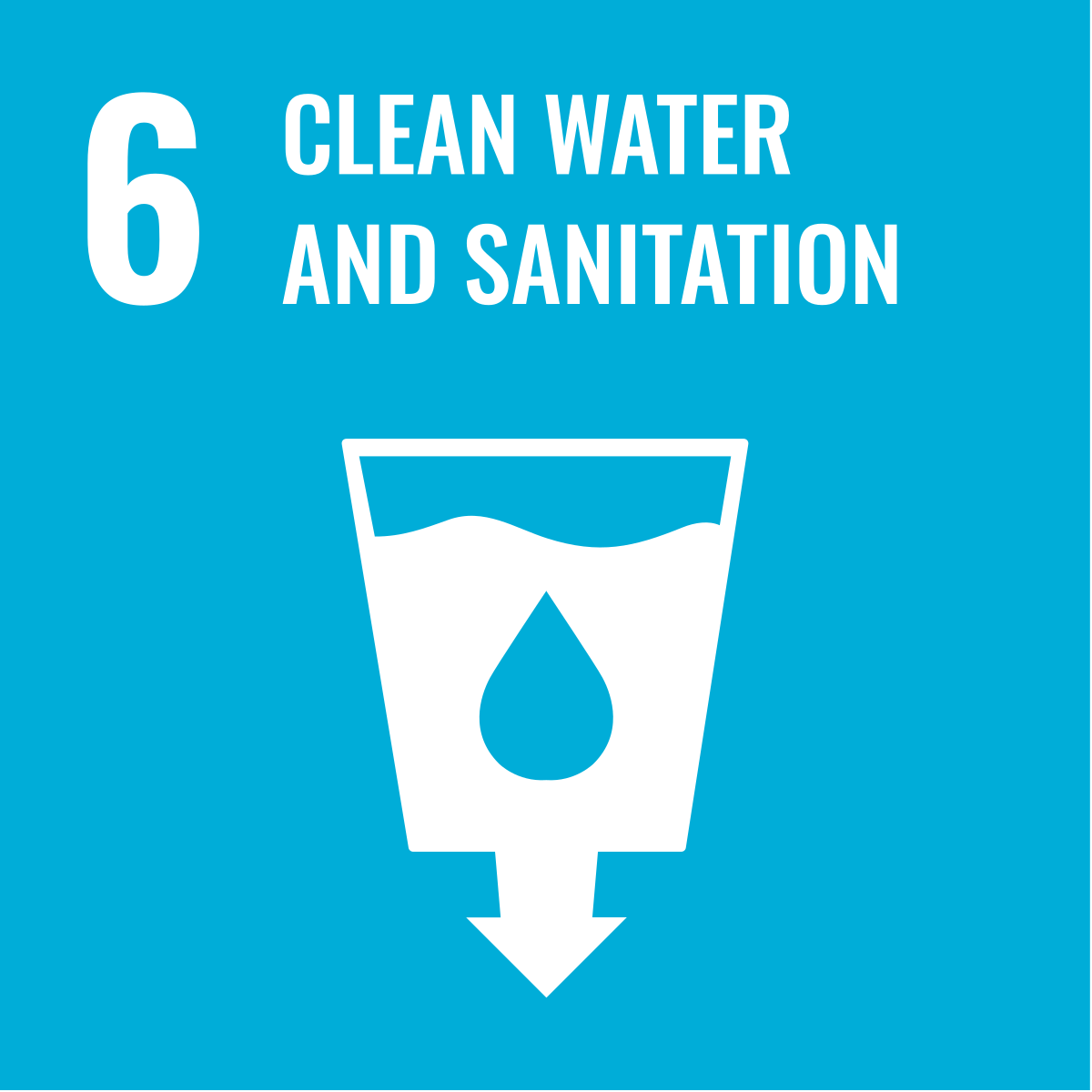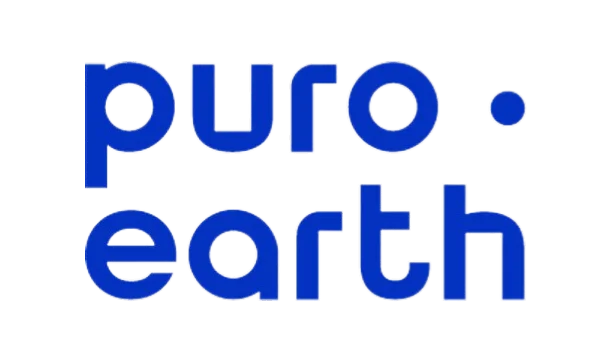


To truly address climate change, reducing CO2 emissions is not enough. We also need to actively remove carbon from the atmosphere and store it for the long term. Scalable infrastructure for this is still lacking. At the same time, agriculture is searching for ways to maintain healthy soils, reduce water usage, and become less dependent on synthetic fertilizers. Due to intensive use, many soils are less capable of retaining carbon. Biochar offers a practical solution: it stores CO2 in the soil for hundreds of years while helping to restore soil health. This contributes to more sustainable agriculture and to reducing CO2 in the atmosphere.
In Argentan, in the Normandy region of France, Sylva Fertilis produces biochar: a solid, carbon-rich material created by slowly heating wood without oxygen. Unlike charcoal, biochar is not burned but added to the soil, where it stores CO2 for the long term and improves soil quality. The biochar is made from wood pellets sourced from sustainably managed forests near Reims. These pellets are ready for use and processed directly in an industrial facility. The production process is efficient and circular: residual heat is reused, and the biochar is carefully sieved, packaged, and stored. Its applications are diverse, from vineyards and arable farming to urban greenery and organic soil products. In cities like Reims, Lyon, and Nancy, biochar significantly reduces irrigation needs. This project contributes to more sustainable land use, water conservation, and improved soil health, delivering tangible benefits for agriculture, nature, and climate.


Long-term carbon removal is essential to achieving net climate goals, but technologies like biochar production still face significant barriers. Costs are high, returns from the end product are often too low, and structural support is limited. That’s why ORCA is committed to accelerating these solutions through the sale of carbon credits. Biochar projects are considered high-quality: CO2 is physically stored, the storage is long-term, and the risk of reversal is minimal. This project is certified via Puro Earth, the leading platform for reliable carbon removal. Revenues from certificates are directly reinvested in scaling, quality improvement, and increasing impact. Carbon credits not only contribute to emission removal, but also help accelerate sustainable innovation.
